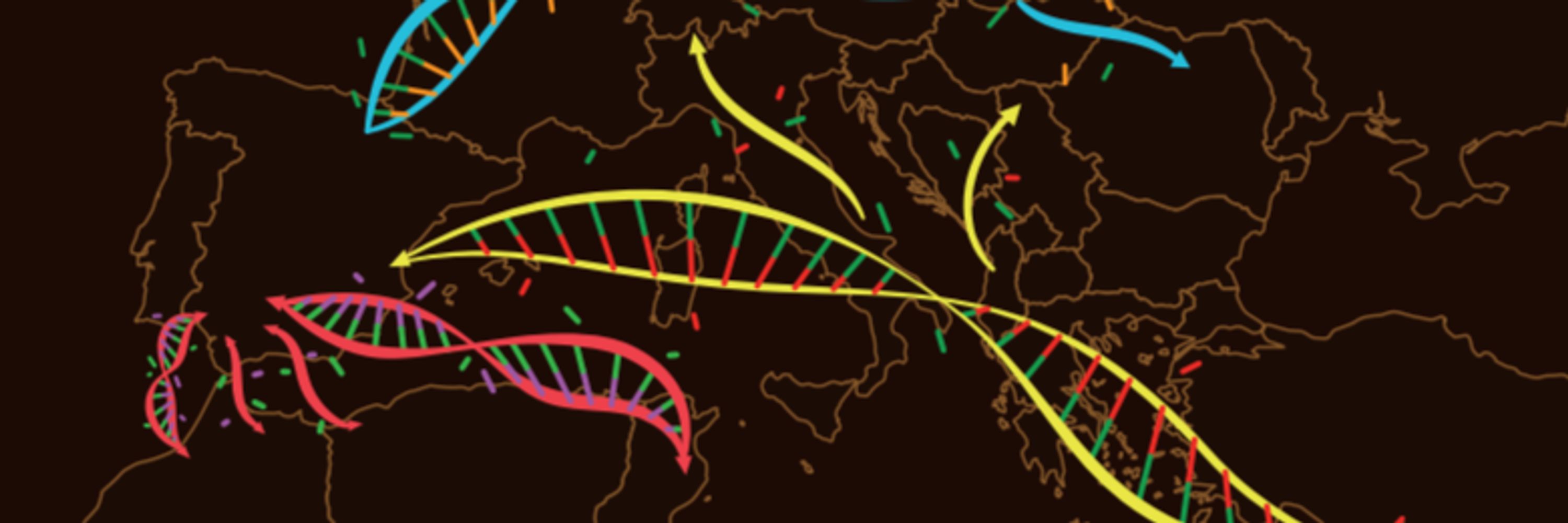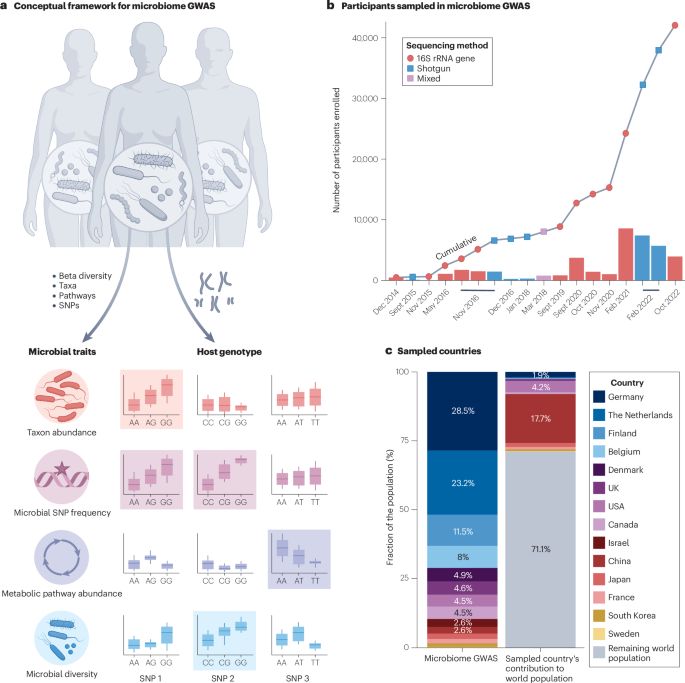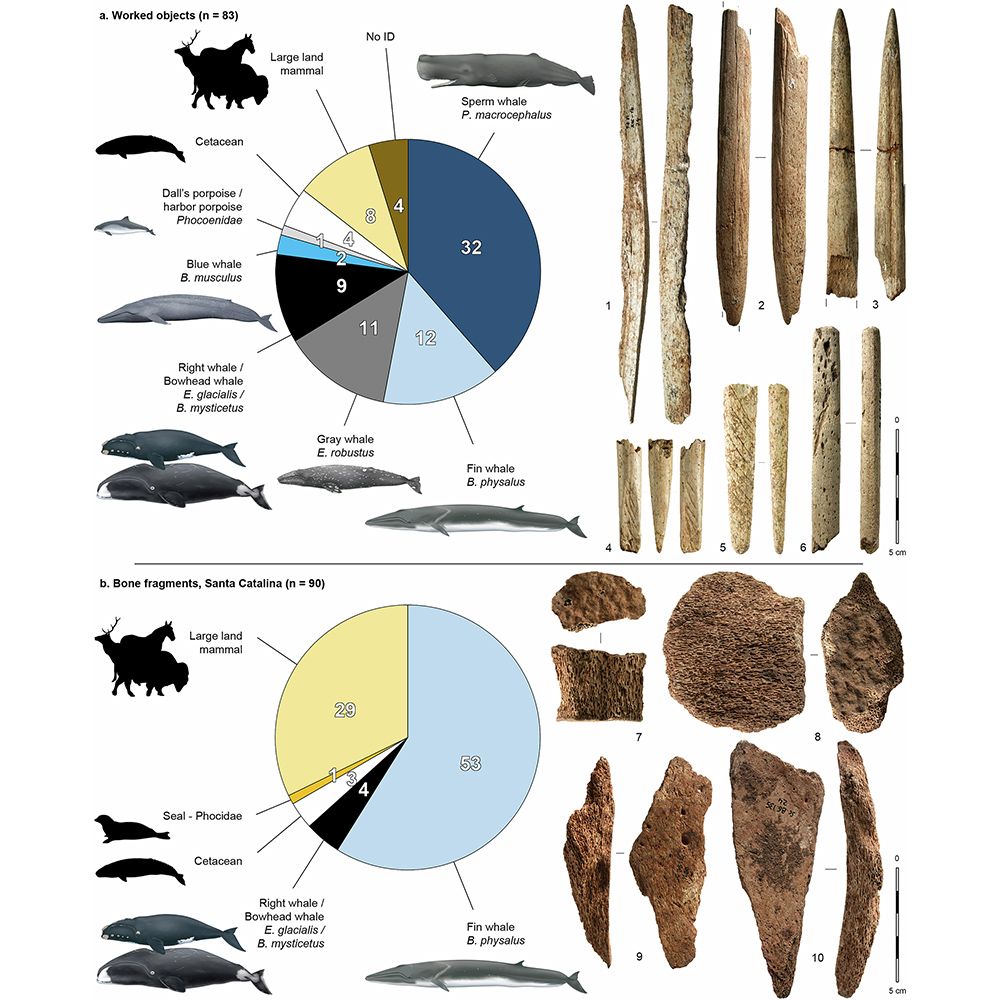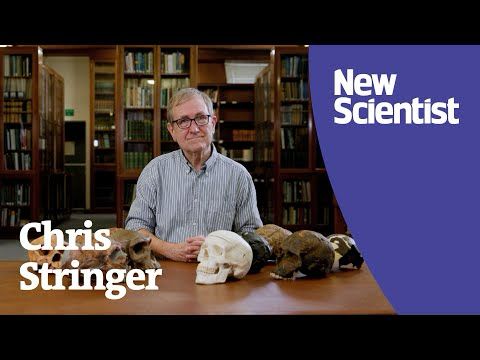
Candela Hernández
@candehernan.bsky.social
Biological Anthropology | Human Population Genetics 🧬
Reposted by Candela Hernández
When people learn with ChatGPT instead of following their own searches, they end up knowing less, caring less, and producing worse advice, even when the facts are the same.
Friction is an essential ingredient for learning! Convenience makes us shallow.
academic.oup.com/pnasnexus/ar...
Friction is an essential ingredient for learning! Convenience makes us shallow.
academic.oup.com/pnasnexus/ar...

Experimental evidence of the effects of large language models versus web search on depth of learning
Abstract. The effects of using large language models (LLMs) versus traditional web search on depth of learning are explored. A theory is proposed that when
academic.oup.com
October 28, 2025 at 3:14 PM
When people learn with ChatGPT instead of following their own searches, they end up knowing less, caring less, and producing worse advice, even when the facts are the same.
Friction is an essential ingredient for learning! Convenience makes us shallow.
academic.oup.com/pnasnexus/ar...
Friction is an essential ingredient for learning! Convenience makes us shallow.
academic.oup.com/pnasnexus/ar...
Reposted by Candela Hernández
🧬 The MOOC “Human Population and Evolutionary Genetics” starts on October 14th!
👉 bit.ly/4fw3Zje
💀🌍 Where do we come from? What was the migration history of our species? What role does the Neanderthal genome play in our genetic heritage? How has our species adapted to different environments?
👉 bit.ly/4fw3Zje
💀🌍 Where do we come from? What was the migration history of our species? What role does the Neanderthal genome play in our genetic heritage? How has our species adapted to different environments?
October 6, 2025 at 12:56 PM
🧬 The MOOC “Human Population and Evolutionary Genetics” starts on October 14th!
👉 bit.ly/4fw3Zje
💀🌍 Where do we come from? What was the migration history of our species? What role does the Neanderthal genome play in our genetic heritage? How has our species adapted to different environments?
👉 bit.ly/4fw3Zje
💀🌍 Where do we come from? What was the migration history of our species? What role does the Neanderthal genome play in our genetic heritage? How has our species adapted to different environments?
Reposted by Candela Hernández
As we mourn Jane Goodall, this @nature.com article explores three ways in which she changed science:
1. Altering the way we view both other primates and ourselves
2. Inspiring generations of women scientists
3. Communicating science in a way that engaged the public
www.nature.com/articles/d41...
1. Altering the way we view both other primates and ourselves
2. Inspiring generations of women scientists
3. Communicating science in a way that engaged the public
www.nature.com/articles/d41...

Jane Goodall’s legacy: three ways she changed science
The primatologist challenged what it meant to be a scientist.
www.nature.com
October 2, 2025 at 11:53 AM
As we mourn Jane Goodall, this @nature.com article explores three ways in which she changed science:
1. Altering the way we view both other primates and ourselves
2. Inspiring generations of women scientists
3. Communicating science in a way that engaged the public
www.nature.com/articles/d41...
1. Altering the way we view both other primates and ourselves
2. Inspiring generations of women scientists
3. Communicating science in a way that engaged the public
www.nature.com/articles/d41...
Reposted by Candela Hernández
The phylogenetic position of the Yunxian cranium elucidates the origin of Homo longi and the Denisovans | Science www.science.org/doi/10.1126/...

The phylogenetic position of the Yunxian cranium elucidates the origin of Homo longi and the Denisovans
Diverse forms of Homo coexisted during the Middle Pleistocene. Whether these fossil humans represent different species or clades is debated. The ~1-million-year-old Yunxian 2 fossil from China is impo...
www.science.org
September 25, 2025 at 6:08 PM
The phylogenetic position of the Yunxian cranium elucidates the origin of Homo longi and the Denisovans | Science www.science.org/doi/10.1126/...
Reposted by Candela Hernández
I want to start a new global movement:
Meetless Monday - we encourages people to reduce their meeting activity by one day each week for personal health and the planet's well-being.
Meetless Monday - we encourages people to reduce their meeting activity by one day each week for personal health and the planet's well-being.
September 10, 2025 at 6:09 AM
I want to start a new global movement:
Meetless Monday - we encourages people to reduce their meeting activity by one day each week for personal health and the planet's well-being.
Meetless Monday - we encourages people to reduce their meeting activity by one day each week for personal health and the planet's well-being.
Reposted by Candela Hernández
La historia de cómo secuenciamos los mamtus 🦣 más tropicales 🏝️ secuenciados al momento la pueden leer aquí 👇https://shorturl.at/KE6Ux. Redactadó por el gran @rpocisv.bsky.social. Muchas gracias Rodrigo por cubrir con tanto entusiasmo la nota sobre nuestro trabajo.

Mammoths in Mexico? Huge bone trove reveals giant beasts thrived in warmth, too
Fossils found while building airport contain first mammoth DNA from tropical location
shorturl.at
August 29, 2025 at 1:48 AM
La historia de cómo secuenciamos los mamtus 🦣 más tropicales 🏝️ secuenciados al momento la pueden leer aquí 👇https://shorturl.at/KE6Ux. Redactadó por el gran @rpocisv.bsky.social. Muchas gracias Rodrigo por cubrir con tanto entusiasmo la nota sobre nuestro trabajo.
Accepted manuscript 📃
'Further insights into maternal and paternal human histories in southern Iberia' | Evolutionary Human Sciences
@universitypress.cambridge.org
🔗
www.cambridge.org/core/journal...
'Further insights into maternal and paternal human histories in southern Iberia' | Evolutionary Human Sciences
@universitypress.cambridge.org
🔗
www.cambridge.org/core/journal...
Further insights into maternal and paternal human histories in southern Iberia | Evolutionary Human Sciences | Cambridge Core
Further insights into maternal and paternal human histories in southern Iberia
www.cambridge.org
July 7, 2025 at 5:27 AM
Accepted manuscript 📃
'Further insights into maternal and paternal human histories in southern Iberia' | Evolutionary Human Sciences
@universitypress.cambridge.org
🔗
www.cambridge.org/core/journal...
'Further insights into maternal and paternal human histories in southern Iberia' | Evolutionary Human Sciences
@universitypress.cambridge.org
🔗
www.cambridge.org/core/journal...
Reposted by Candela Hernández
AI meets archaeology: AutArch turns thousands of legacy grave and artifact drawings into measurable, searchable data. The past just got easier to read. #Archaeology #DigitalHumanities #AItools #GraveAnalysis #OpenScience #Anthropology

How AI is Decoding Centuries of Archaeological Data
A new digital workflow promises to bridge the gap between the analog past and the digital present
www.anthropology.net
June 11, 2025 at 8:10 PM
AI meets archaeology: AutArch turns thousands of legacy grave and artifact drawings into measurable, searchable data. The past just got easier to read. #Archaeology #DigitalHumanities #AItools #GraveAnalysis #OpenScience #Anthropology
Reposted by Candela Hernández
New online! Genomics of host–microbiome interactions in humans

Genomics of host–microbiome interactions in humans
Nature Reviews Genetics, Published online: 04 June 2025; doi:10.1038/s41576-025-00849-8In this Review, Ferretti et al. discuss advances in our understanding of interactions between the human genome and the microbiome, including the effects of the microbiome on host gene regulation.
www.nature.com
June 4, 2025 at 9:58 AM
New online! Genomics of host–microbiome interactions in humans
Reposted by Candela Hernández
Humans may have been making tools from whale bones up to 20,000 years ago, according to evidence presented in Nature Communications. go.nature.com/4kePeD6 🏺 🧪

May 27, 2025 at 10:32 PM
Humans may have been making tools from whale bones up to 20,000 years ago, according to evidence presented in Nature Communications. go.nature.com/4kePeD6 🏺 🧪
Reposted by Candela Hernández
Reposted by Candela Hernández
How far back was our common ancestor with Neanderthals and Denisovans? [full disclosure - we dont actually know!] youtu.be/MA1cHPJPZfM

Our common Neanderthal ancestor could be a million years old, says Chris Stringer
YouTube video by New Scientist
youtu.be
May 17, 2025 at 11:00 AM
How far back was our common ancestor with Neanderthals and Denisovans? [full disclosure - we dont actually know!] youtu.be/MA1cHPJPZfM



